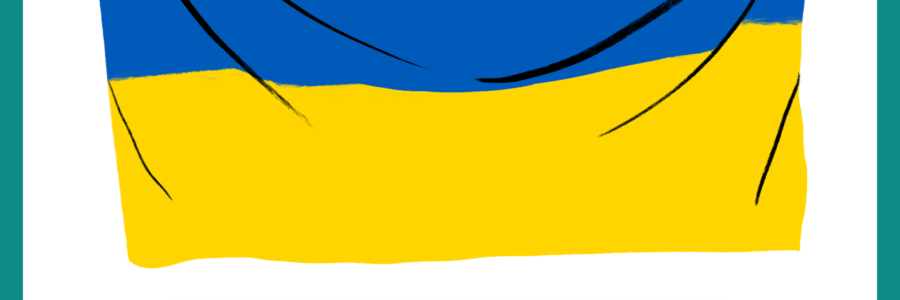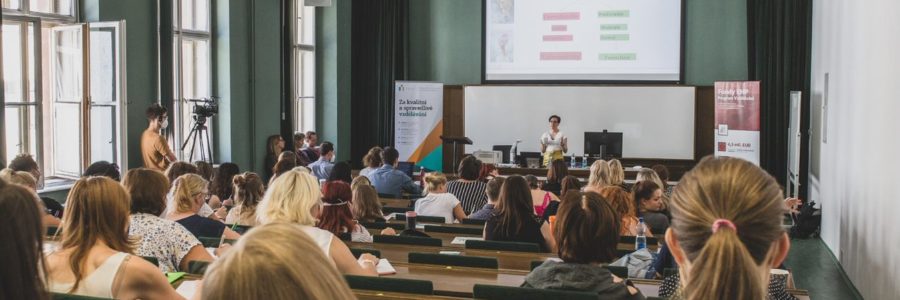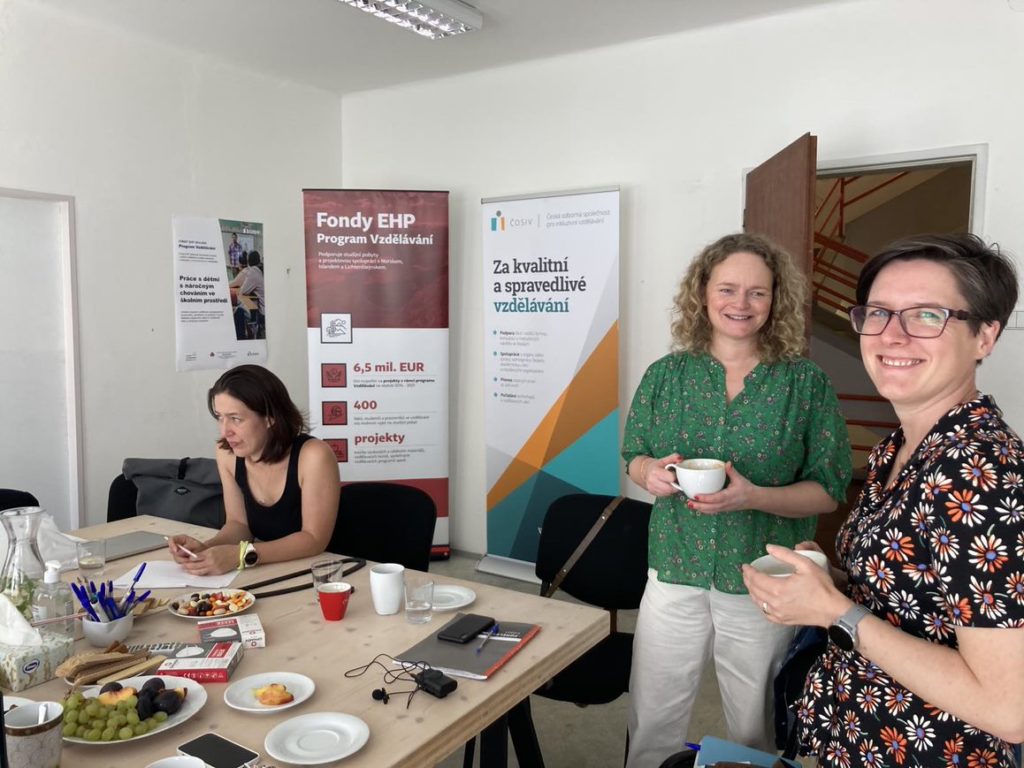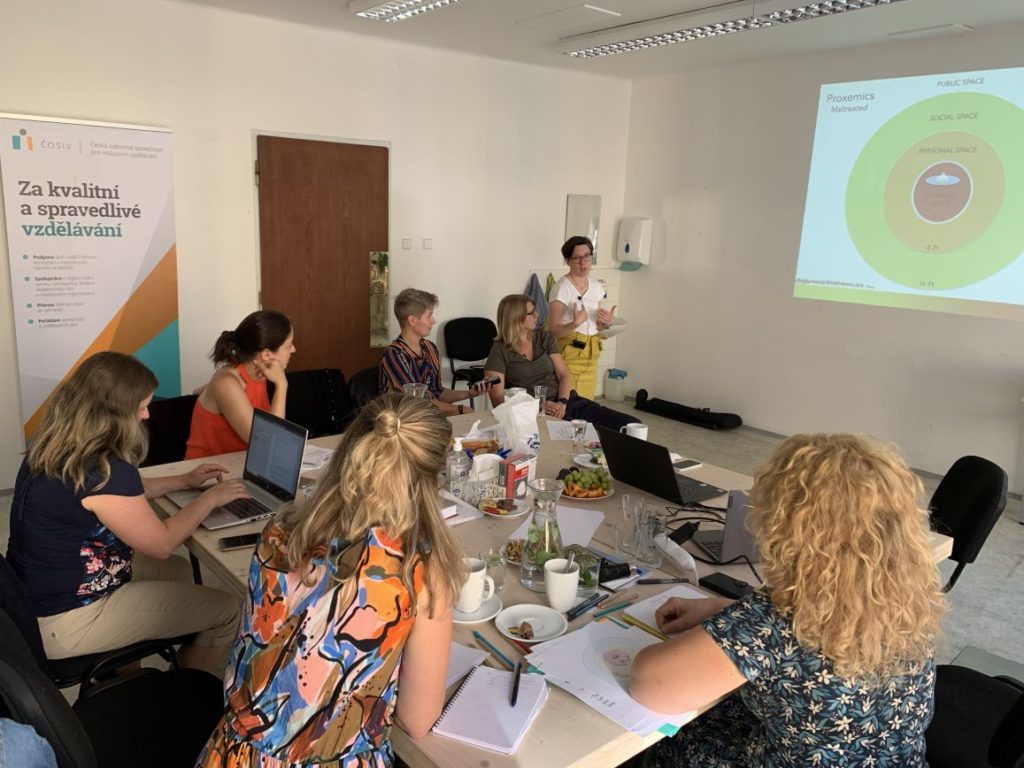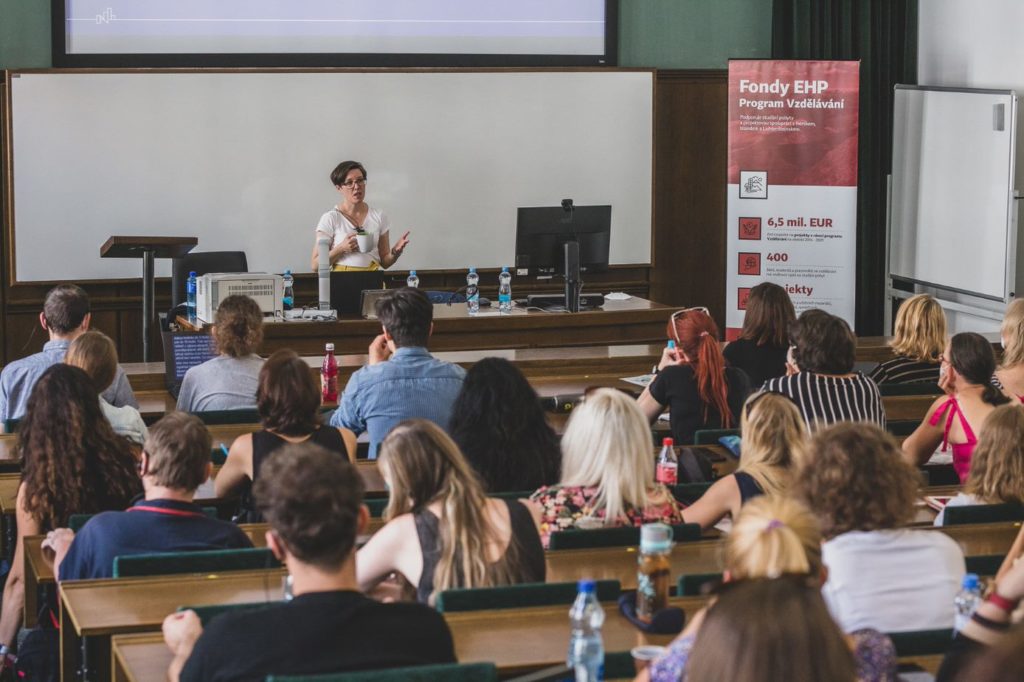The current major review of the Framework Curricula newly emphasises, among others, the issue of well-being and schools are now to teach children to develop and nurture their well-being. This includes, for example, one´s capacity to recognize and appreciate emotions, maintain respectful relationships, recognise and use personal strengths, plan, solve problems, and manage stress. Teachers will have to approach and introduce this broad subject matter in their lessons. To assist them, the Czech Society for Inclusive Education (ČOSIV) drafted a comprehensive 4R methodology that provides the necessary guidelines and support to elementary and secondary school teachers.
“The 4Rs – Respect, Diversity, Equality & Resilience – methodology offers schools a comprehensive set of activities for pupils and students from the first grades of elementary schools to the last grades of secondary schools, focusing on, for example, the development of emotional literacy, personal strengths, problem-solving capacity, stress management or awareness of one’s identity. There are altogether eight overarching themes across all grades,” said Veronika Bačová, a project manager.
The methodologies will also help teachers introduce topics that are relatively new in the school environment, such as gender, positive inner dialogue, or asking for help in challenging situations.
The 4R methodologies originated in Australia, where they are used as official source material for school curricula. Upon consent of the authors, ČOSIV´s experts adapted and harmonized them with the Czech reality. At the beginning of the new academic year, the methodologies will start to be piloted in different types of schools in Prague and Most.
“The methodologies are unique as they cover the whole of primary and secondary education and are linked to specific expected outcomes of the Framework Curricula. That´s why we are piloting it in all grades of elementary schools, secondary schools, and vocational education facilities,” added Bačová.
ČOSIV will train teachers of all three participating schools in the use of the methodologies and will continuously evaluate their piloting. It is important to listen to feedback from teachers and pupils/students. At the end of the pilot phase, ČOSIV will reflect on the comments and make the methodologies available to all schools that are interested free of charge.
Comprehensive social and emotional skills programmes help create a safe environment in schools and prevent bullying or substance abuse. Pupils are then better equipped to study and achieve great results.
“The 4Rs programme will help children learn important skills, build capacity, and adopt an attitude that will help them become happy and successful adults capable of overcoming obstacles they may face in their life. The past two years have clearly shown us that it is very much needed,” concluded Lenka Felcmanová, Chair of ČOSIV.
What do we mean by the development of social and emotional skills?
It is a process through which children and young people develop and learn to apply the knowledge, skills, and attitudes needed to:
- understand and handle emotions,
- set and achieve positive goals,
- feel and express empathy,
- start and maintain positive relationships,
- make responsible decisions,
- develop resilience and the ability to cope with change,
- develop positive gender norms,
- contribute to social cohesion.
Social and emotional skills help pupils and students develop resilience and their ability to cope with change, challenges, and unpredictable events.
Pupils and students participating in well-designed and professionally instructed social and emotional skills programmes achieve better educational outcomes and are less likely to engage in challenging or risky behaviour and/or alcohol and substance abuse.
If we start introducing this type of education to the first graders, we can help strengthen their resilience and sense of belonging to their school and class throughout their entire childhood and youth.
The project is funded by EEA Grants 2014-2022.

